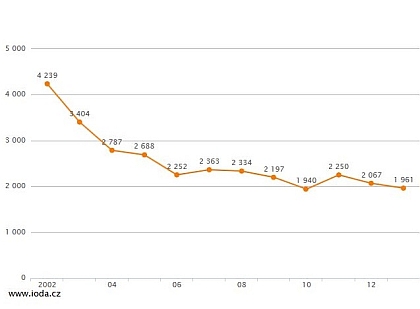

In IEEE Transactions on Computer-Aided Design of Integrated Circuits and Systems (TCAD), 2013. Preemptible I/O Scheduling of Garbage Collection for Solid State Drives.
#IODA RATES SOFTWARE#
In IEEE International Symposium on Performance Analysis of Systems and Software (ISPASS), 2011. A Semi-Preemptive Garbage Collector for Solid State Drives. Shipman, Sarp Oral, Feiyi Wang, and Jongman Kim. In Proceedings of the 15th USENIX Symposium on File and Storage Technologies (FAST), 2017. LightNVM: The Linux Open-Channel SSD Subsystem. Matias Bjørling, Javier Gonzalez, and Philippe Bonnet.In Proceedings of the 16th USENIX Symposium on File and Storage Technologies (FAST), 2018. The CASE of FEMU: Cheap, Accurate, Scalable and Extensible Flash Emulator. Huaicheng Li, Mingzhe Hao, Michael Hao Tong, Swaminathan Sundararaman, Matias Bjørling, and Haryadi S.ACM Transactions on Storage (TOS), 1(1), 2021. RAIL: Predictable, Low Tail Latency for NVMe Flash. Heiner Litz, Javier Gonzalez, Ana Klimovic, and Christos Kozyrakis.In Proceedings of the 8th ACM Symposium on Cloud Computing (SoCC), 2017. Latency Reduction and Load Balancing in Coded Storage Systems. Yaochen Hu, Yushi Wang, Bang Liu, Di Niu, and Cheng Huang.In Proceedings of the 12th USENIX Symposium on Operating Systems Design and Implementation (OSDI), 2016. EC-Cache: Load-Balanced, Low-Latency Cluster Caching with Online Erasure Coding. Rashmi, Mosharaf Chowdhury, Jack Kosaian, Ion Stoica, and Kannan Ramchandran. In Proceedings of the 17th USENIX Symposium on File and Storage Technologies (FAST), 2019. Fully Automatic Stream Management for Multi-Streamed SSDs Using Program Contexts. Taejin Kim, Duwon Hong, Sangwook Shane Hahn, Myoungjun Chun, Sungjin Lee, Jooyoung Hwang, Jongyoul Lee, and Jihong Kim.Data Set Management Commands Proposal for ATA8-ACS2.Using Software to Reduce High Tail Latencies on SSDs. Chris Petersen, Wei Zhang, and Alexei Naberezhnov.In Proceedings of the 19th ACM International Conference on Architectural Support for Programming Languages and Operating Systems (ASPLOS), 2014. SDF: Software-Defined Flash for Web-Scale Internet Storage System.

Jian Ouyang, Shiding Lin, Song Jiang, Zhenyu Hou, Yong Wang, and Yuanzheng Wang.In IEEE International Symposium on Workload Characterization (IISWC), 2019.

Trimming the Tail for Deterministic Read Performance in SSDs.
#IODA RATES HOW TO#
While promising, challenges remain on how to exploit it for truly predictable performance. To combat this issue, the recent NVMe IO Determinism (IOD) interface advocates host-level controls to SSD internal management tasks. Predictable latency on flash storage is a long-pursuit goal, yet, unpredictability stays due to the unavoidable disturbance from many well-known SSD internal activities.


 0 kommentar(er)
0 kommentar(er)
